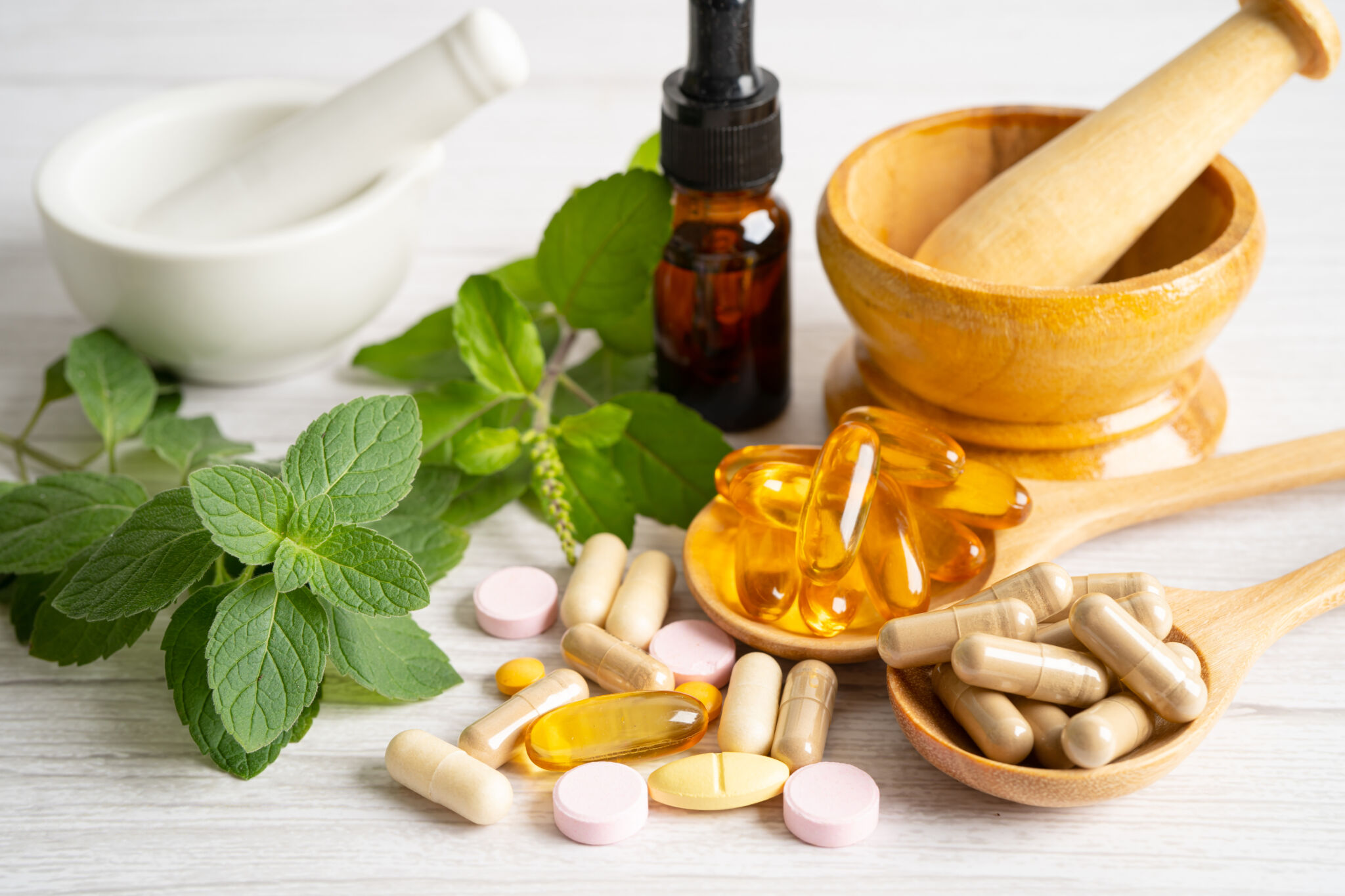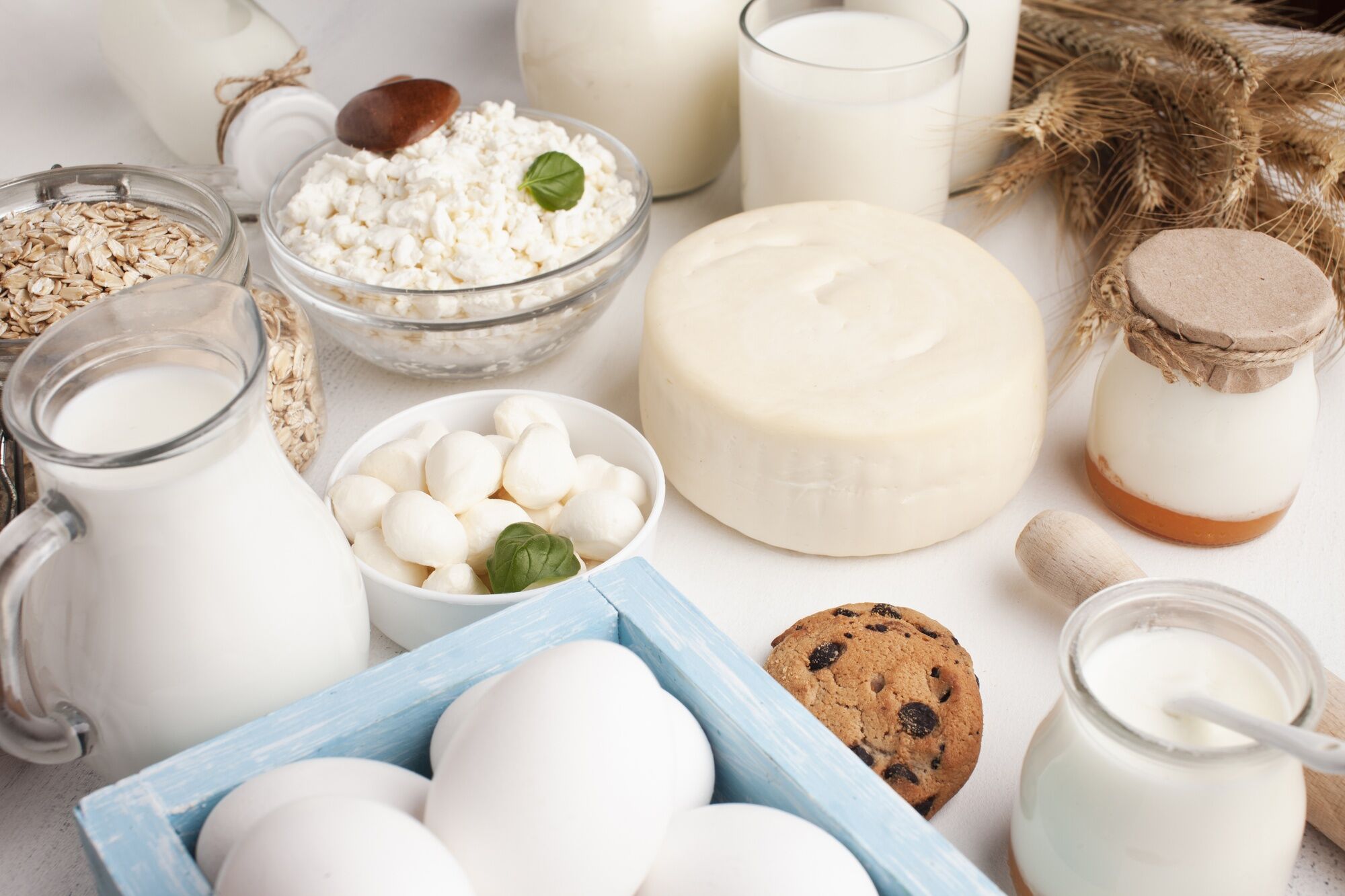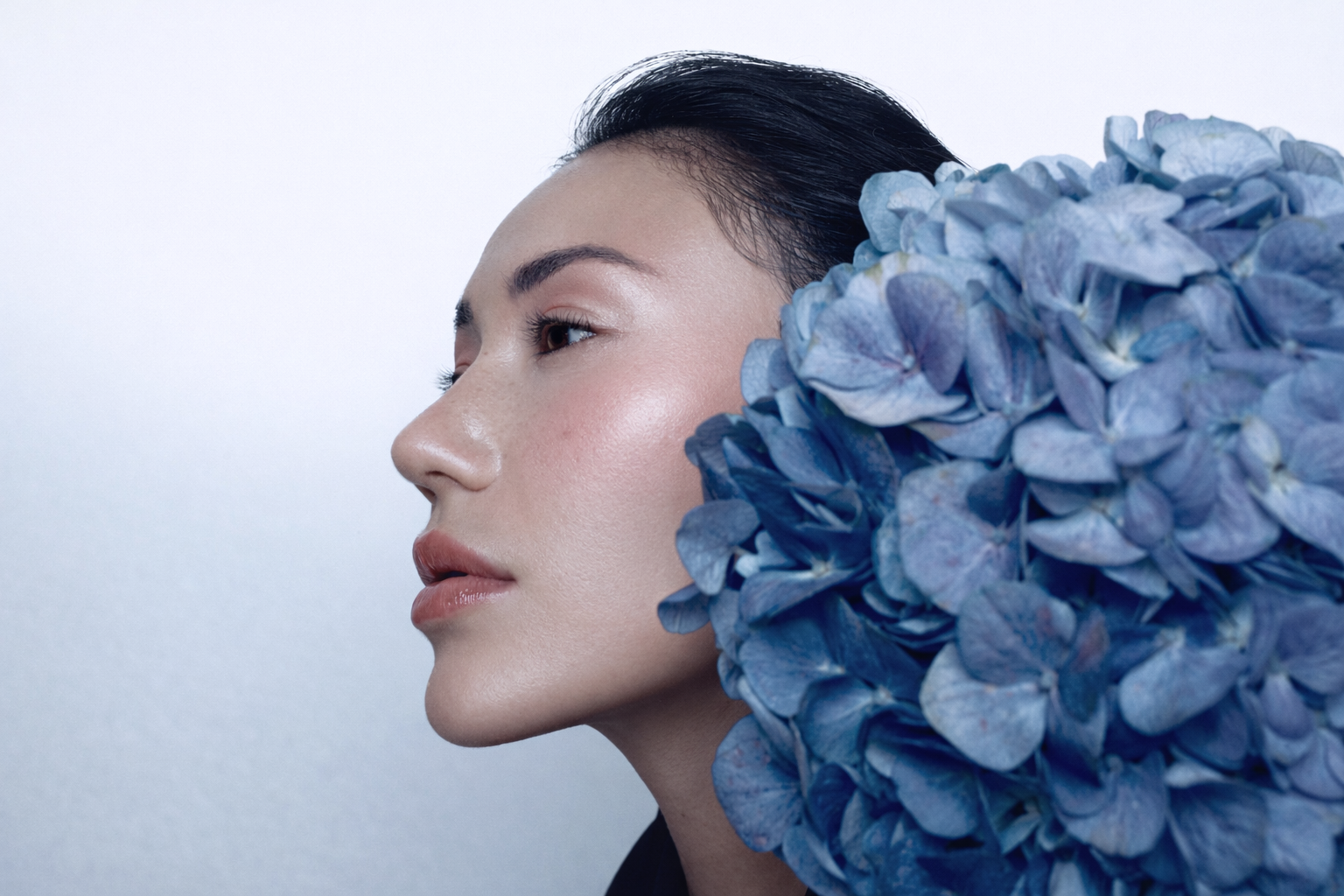Maintaining healthy beauty during the cold season
Causes of vitamin deficiency, its consequences, and solutions

As the colder months set in, many of us feel not only physical fatigue but also a noticeable dip in mood, which can reflect on our appearance. Low energy, dull skin, and brittle hair are often linked to a deficiency in essential vitamins. During winter, when access to fresh products is limited, and sunlight becomes scarce, vitamin deficiency, or avitaminosis, becomes a particularly relevant issue. It’s not just about reduced productivity – it’s your body signaling the need for care and attention.

photo: istock
What is vitamin deficiency, and how does it affect your beauty?
Avitaminosis refers to the lack of essential vitamins necessary for the body’s balanced functioning. It can be either chronic or seasonal. Most often, avitaminosis manifests after autumn when the body is battling cold temperatures, sudden weather changes, dry winds, and illnesses that weaken the immune system.
The main causes of vitamin deficiency
Poor nutrition: During colder months, our bodies feel the absence of fresh, ripe produce. Many of us substitute fruits and vegetables with higher-calorie meals, leading to a reduced intake of essential vitamins.
Seasonal lack of sunlight: Vitamin D, also known as the "sunshine vitamin," is produced in the skin under UV exposure. During winter, when outdoor time is limited, its levels drop significantly.
Chronic conditions: Diseases of the gastrointestinal tract, such as gastritis or dysbiosis, can impair the absorption of vitamins from food.
Improper food storage: Many vitamins, especially those in groups B and C, degrade during long-term storage, freezing, or heat processing.
Symptoms of vitamin deficiency
Vitamin deficiency manifests differently depending on which vitamin is lacking. For instance, a shortage of vitamin D can lead to brittle bones and muscle weakness, while a deficiency in vitamin C can result in gum bleeding and a weakened immune system. A lack of vitamin B12 might cause anemia and nervous disorders. Common symptoms include:
- Chronic fatigue and apathy
- Deterioration of skin, hair, and nails
- Increased susceptibility to infections
- Problems with concentration and memory
How do you cope with vitamin deficiency and stay healthy and beautiful?
Balanced diet
Nutrition is the first step to restoring beauty. Incorporate more foods rich in vitamins A, C, D, and E, which promote glowing skin and strong hair. Consider these:
- Fruits and vegetables: Citrus fruits, kiwi, bell peppers, and cabbage are high in vitamin C. Carrots and pumpkins contain beta-carotene, a precursor to vitamin A.
- Dairy and fish: These are excellent sources of vitamin D and calcium.
- Whole grains, legumes, and nuts: Packed with B vitamins to support overall health.

photo: istock
Vitamin supplements
When dietary intake isn’t enough to meet your body’s needs, supplements can help bridge the gap. Multivitamins and dietary supplements can replenish deficiencies, but it’s essential to consult with a healthcare professional since an excess of vitamins can also cause harm.

photo: istock
Lifestyle adjustments
Even in winter, try to spend more time outdoors. If sufficient sunlight isn’t an option, consider vitamin D supplements to maintain optimal levels.

photо: freepik
Gut health maintenance
A healthy gut microbiome is crucial for effective vitamin absorption. Include probiotic-rich foods like yogurt, kefir, cheese, and fiber to support digestion and nutrient uptake.

photo: pexels
Vitamin deficiency is not a verdict but a call for attention from your body. Taking timely measures to address your diet, lifestyle, and overall health can help prevent serious consequences. Remember, winter is a time when self-care is especially critical. Your well-being not only helps you tackle daily challenges but also ensures you feel and look your best.


